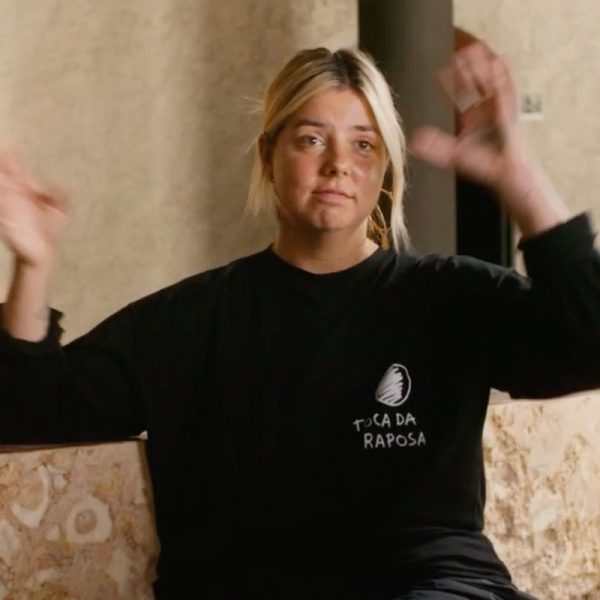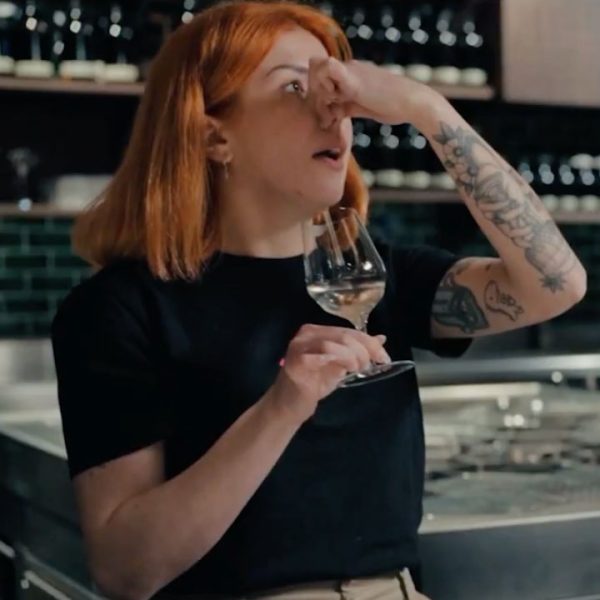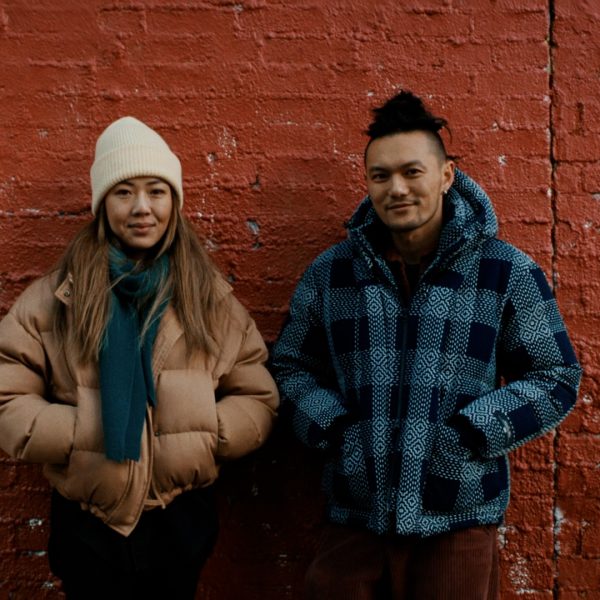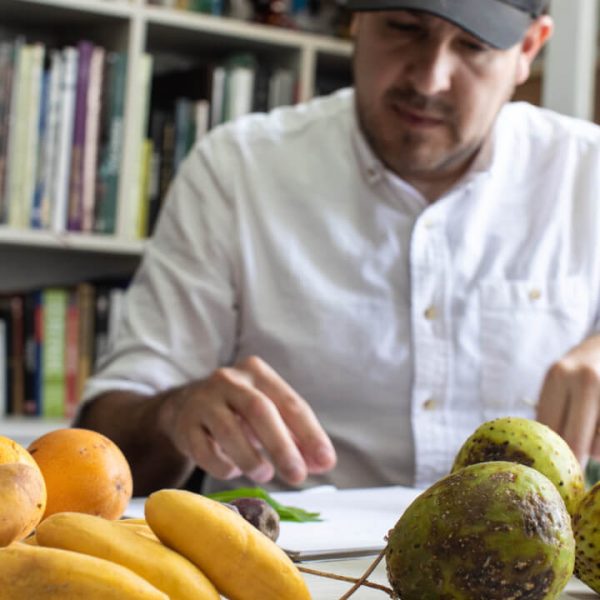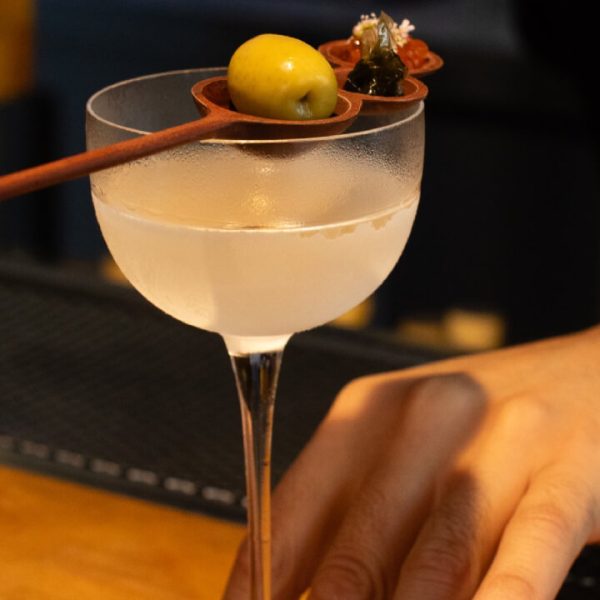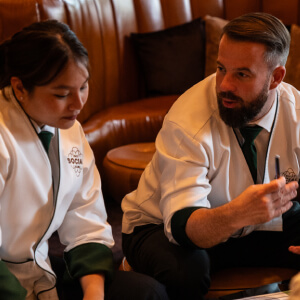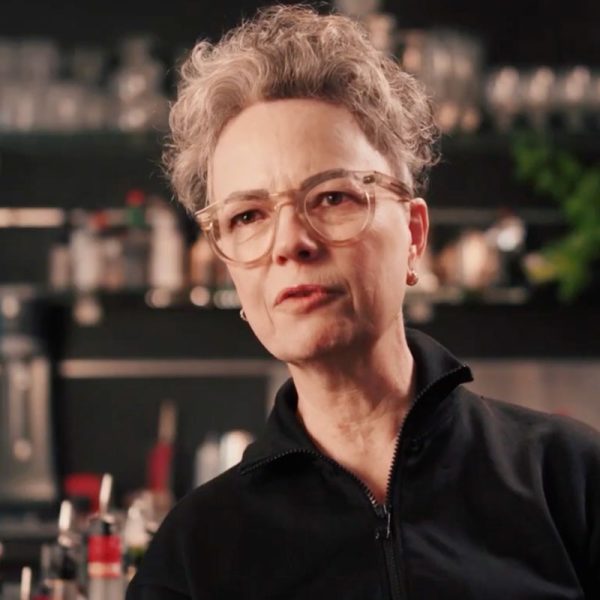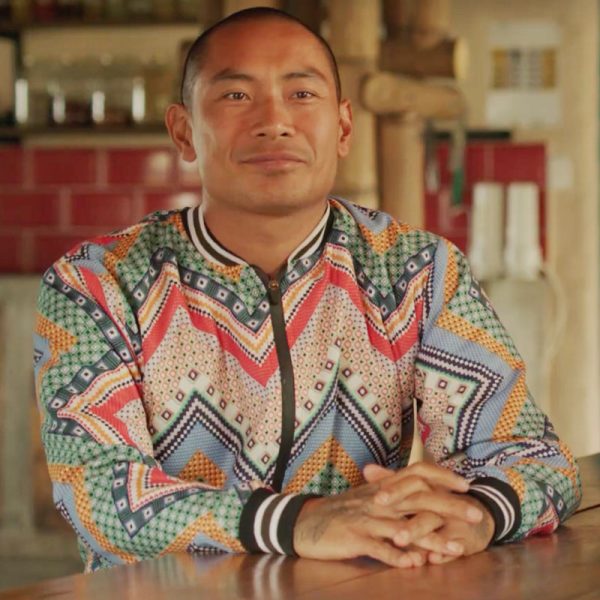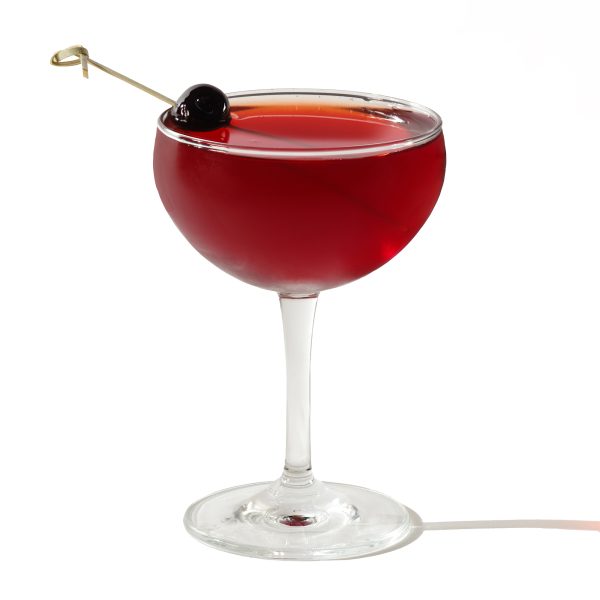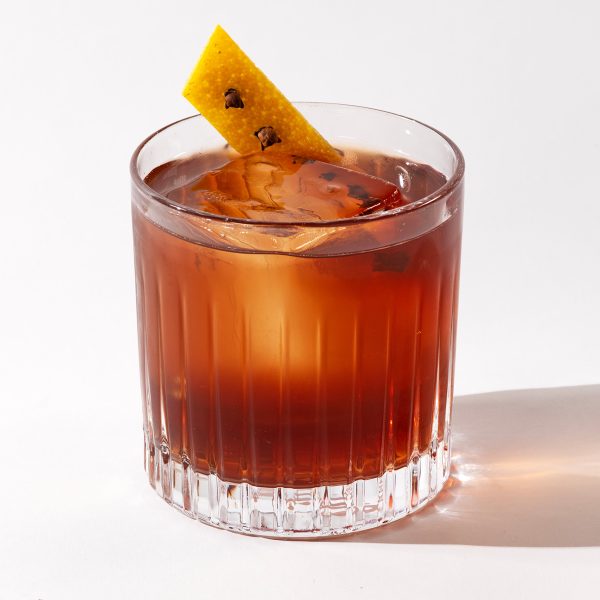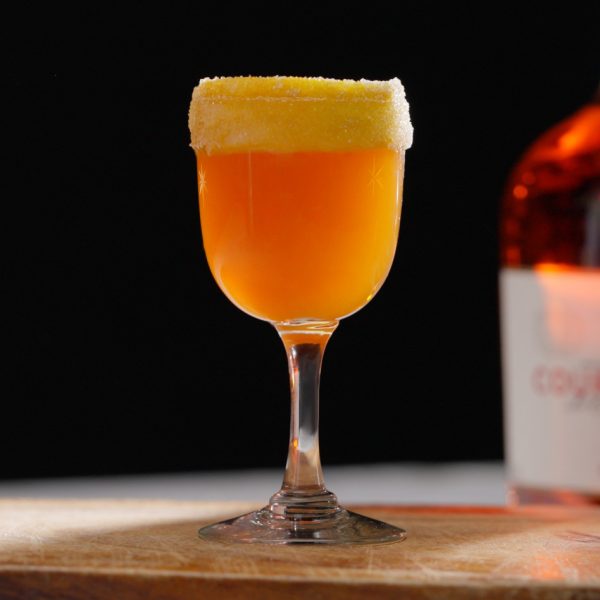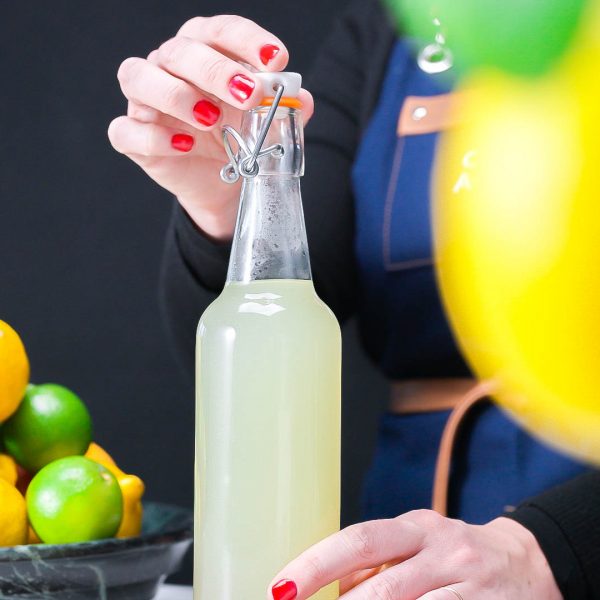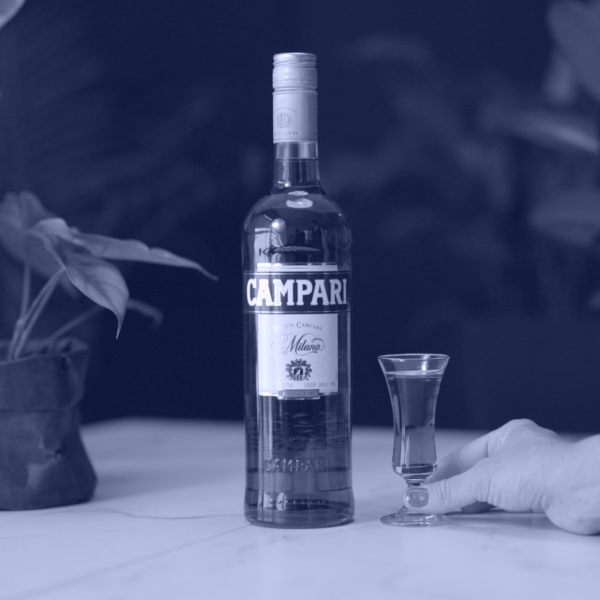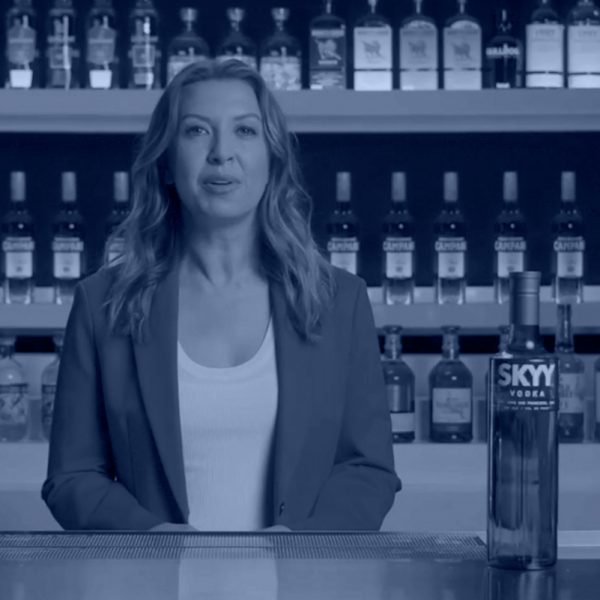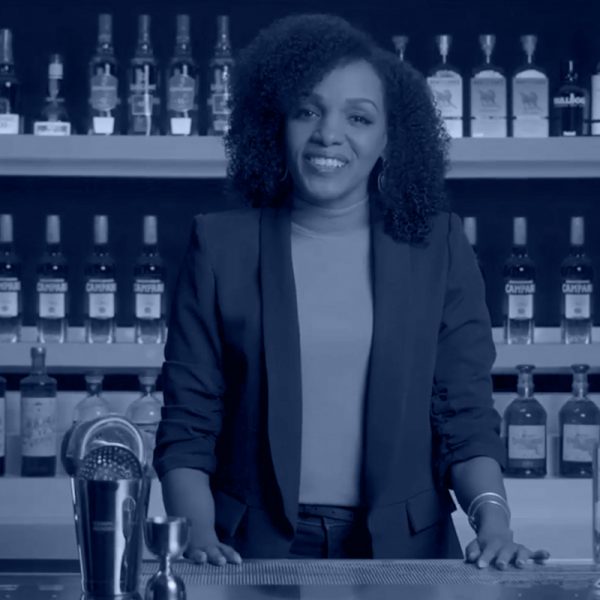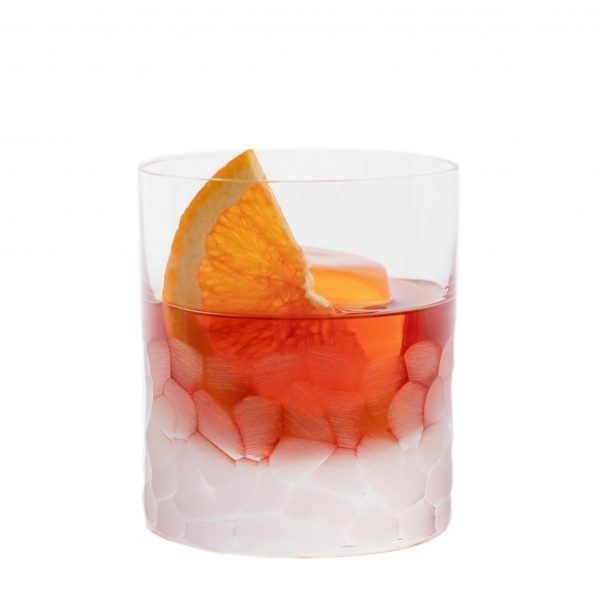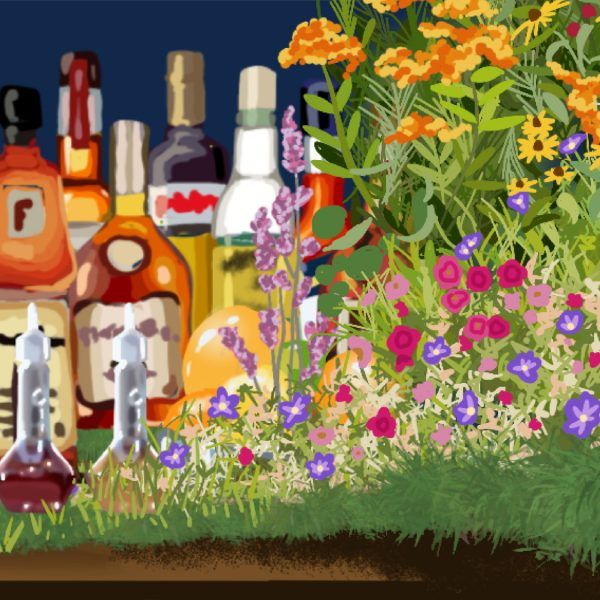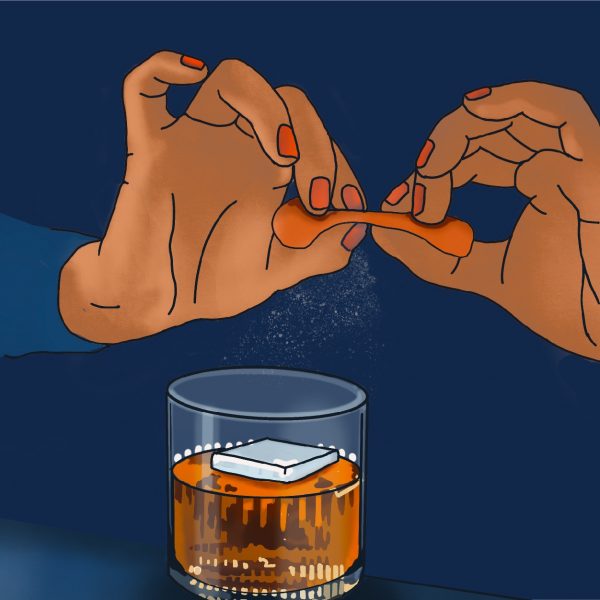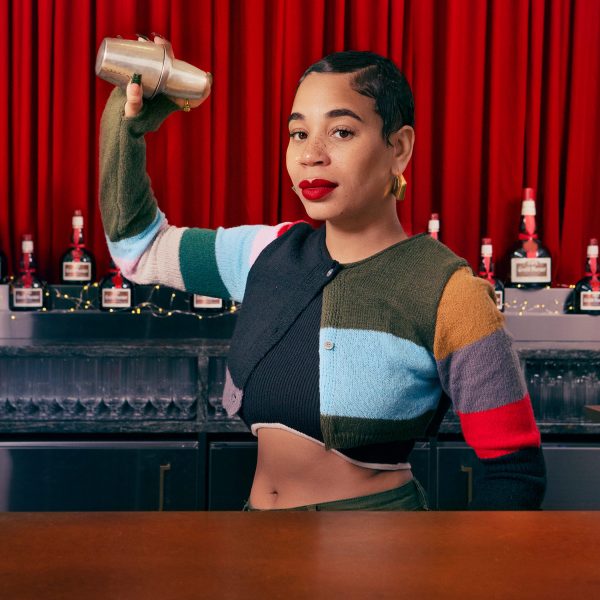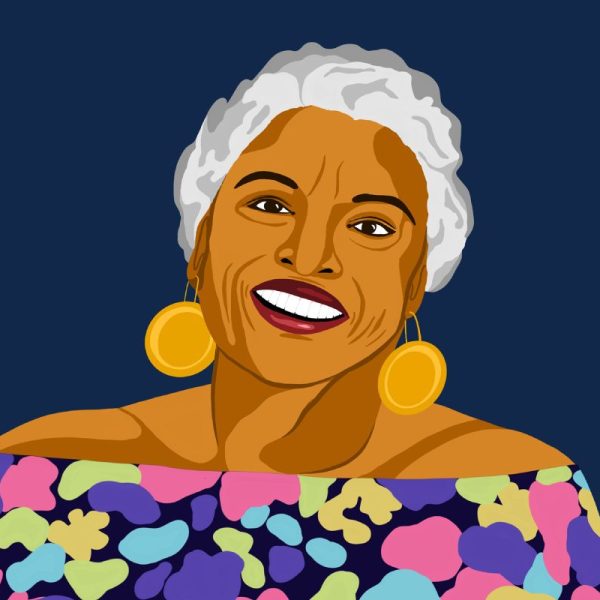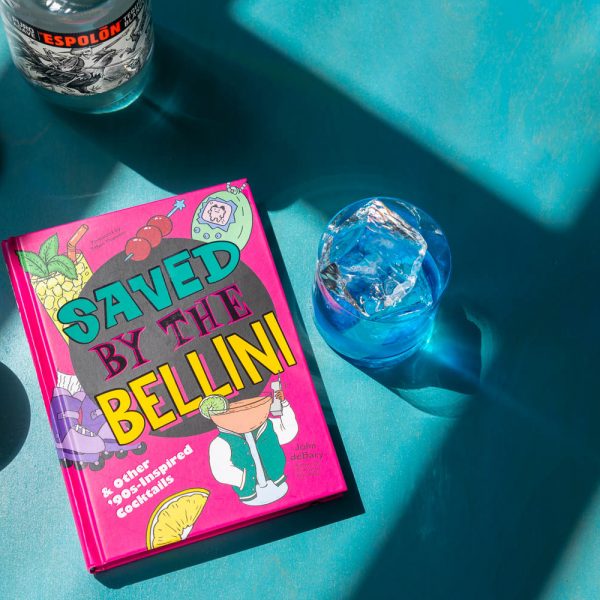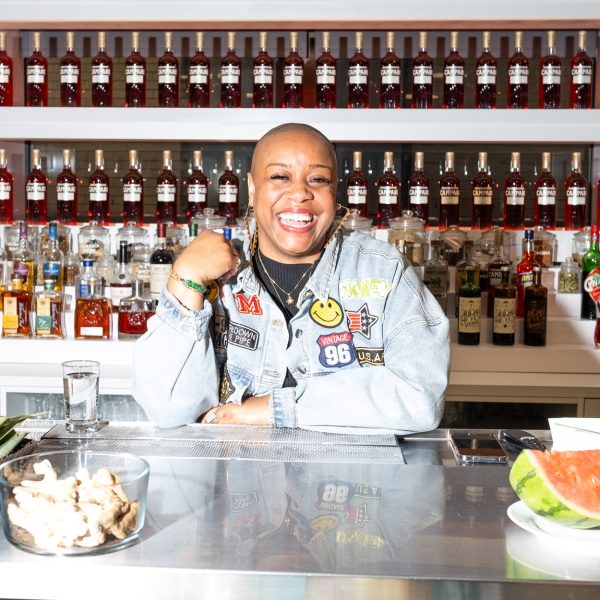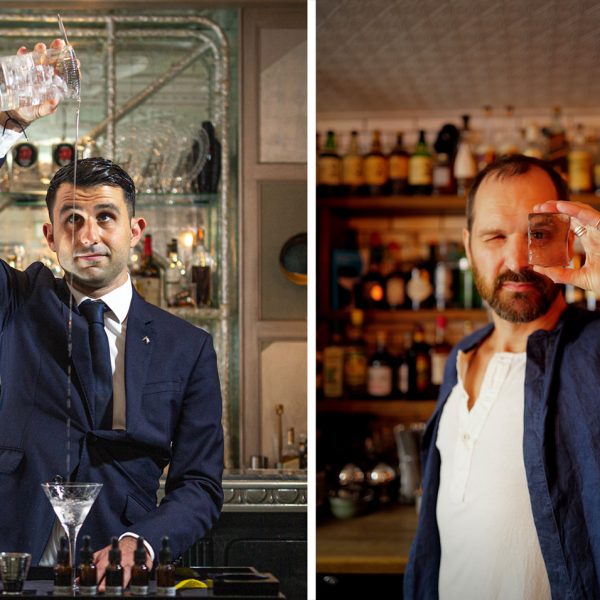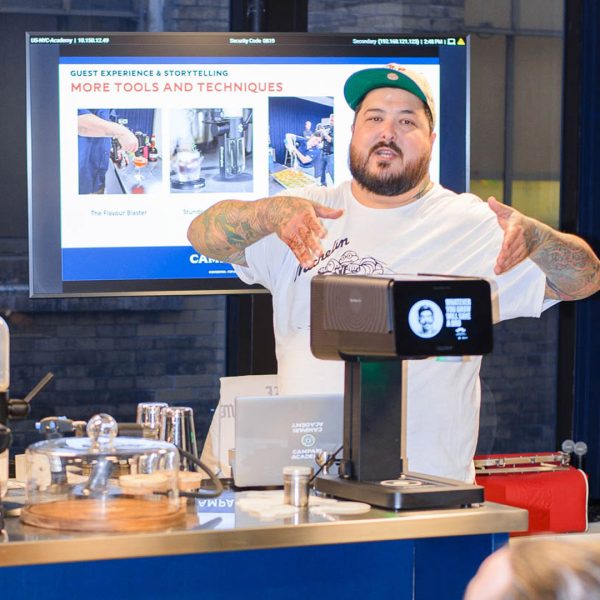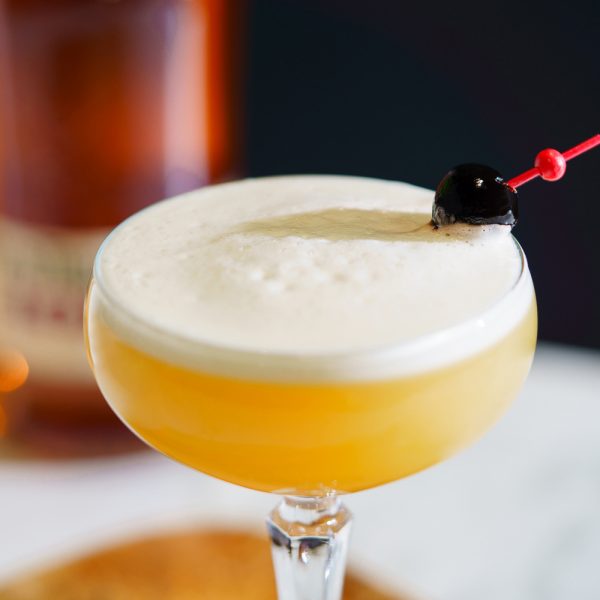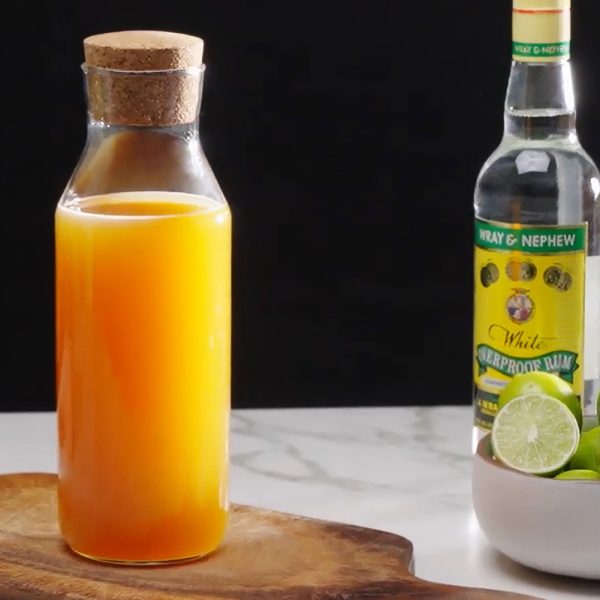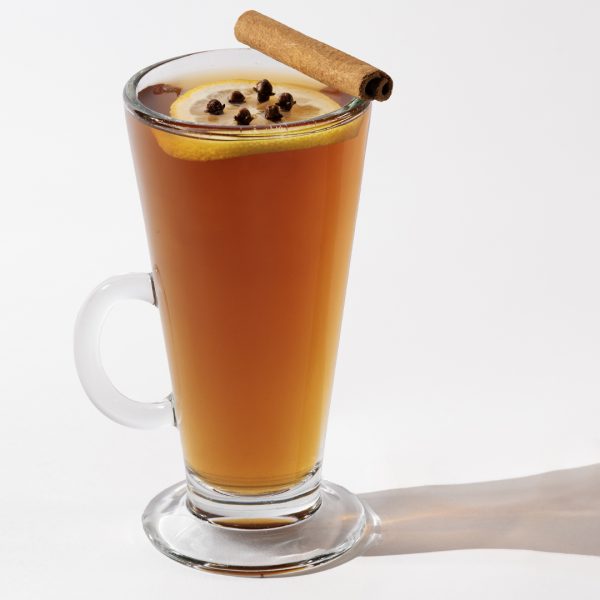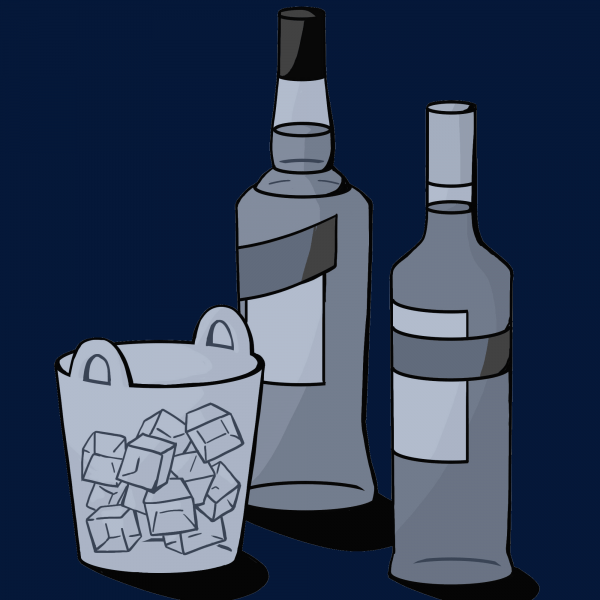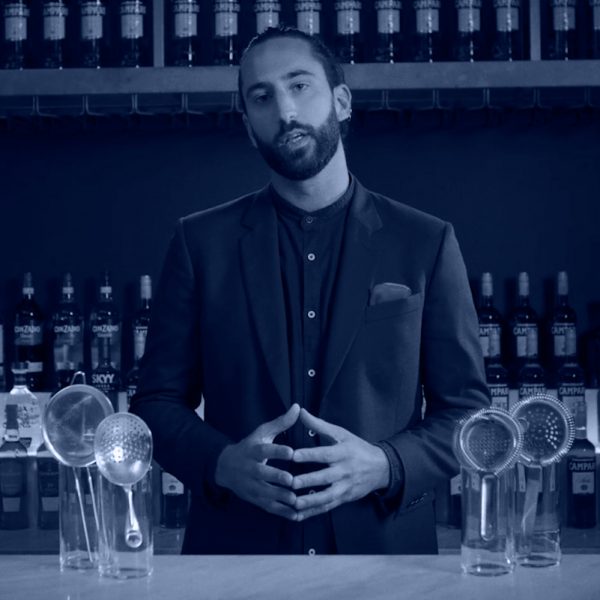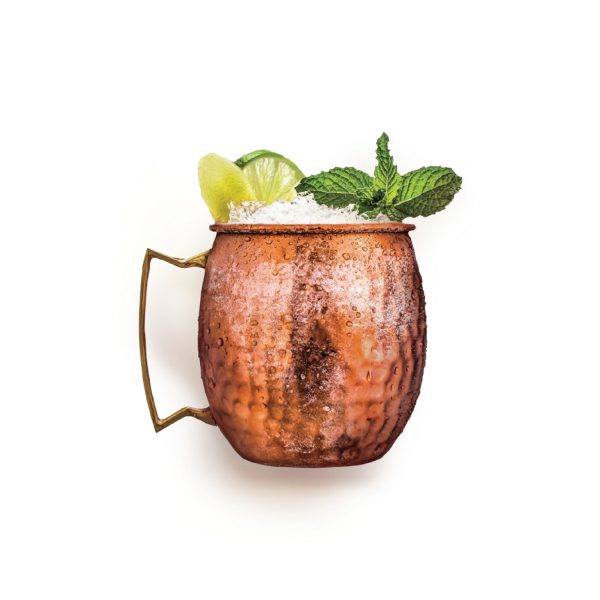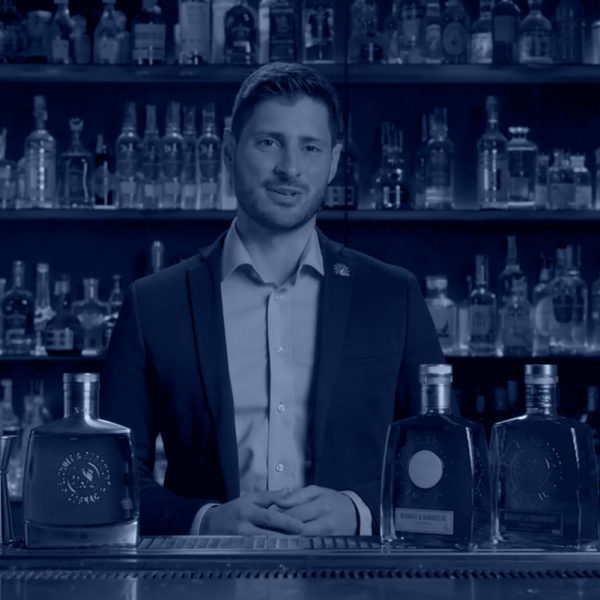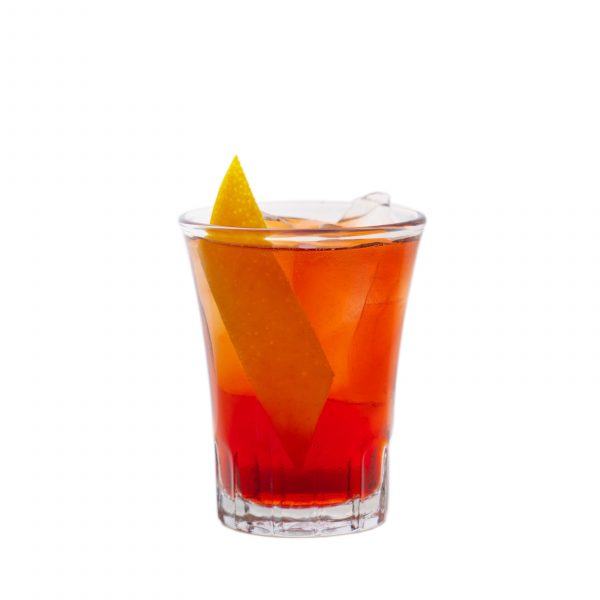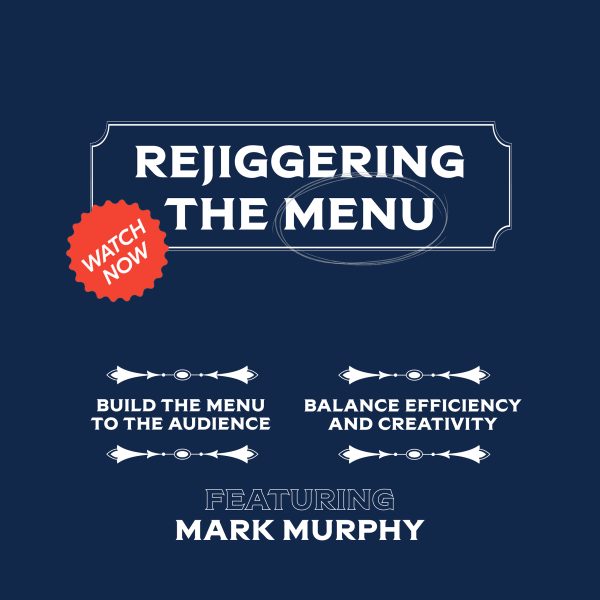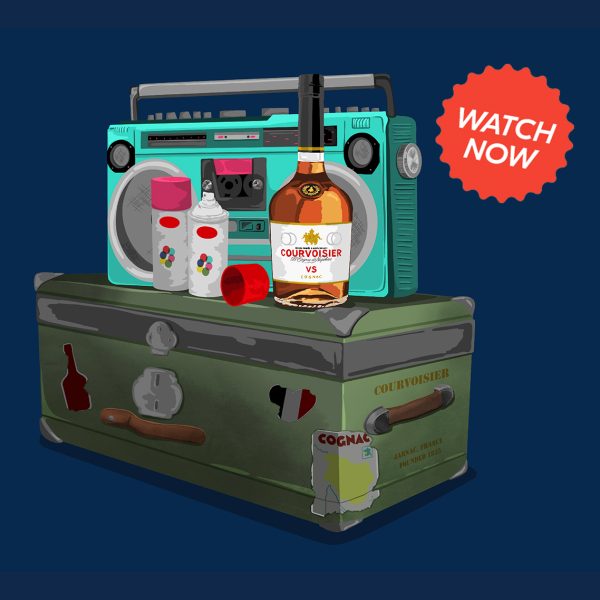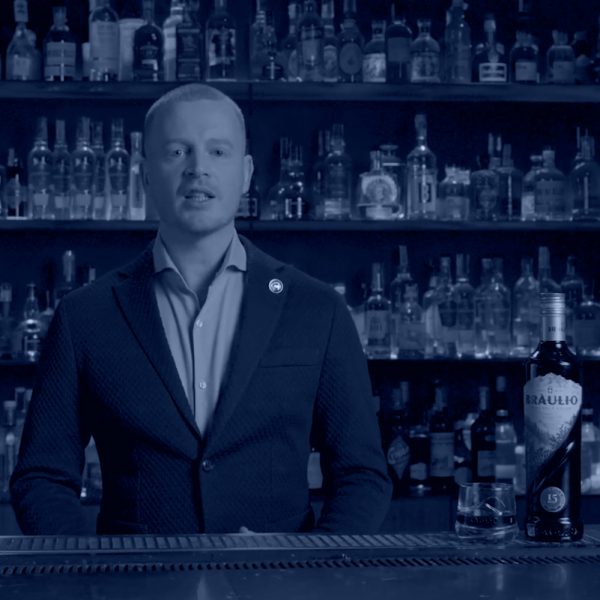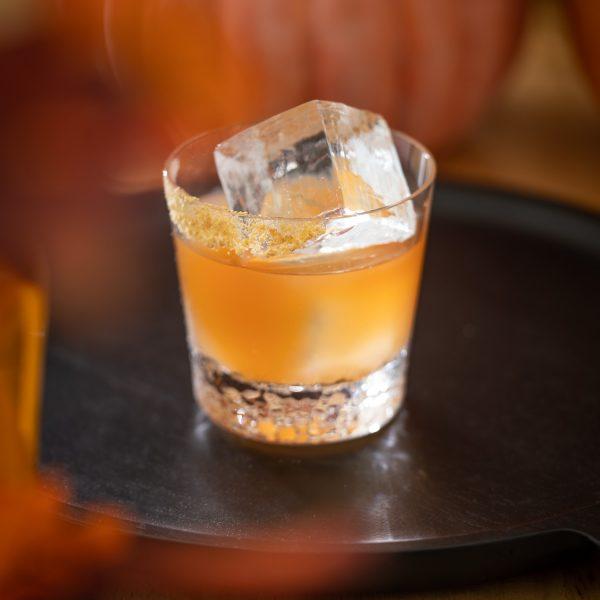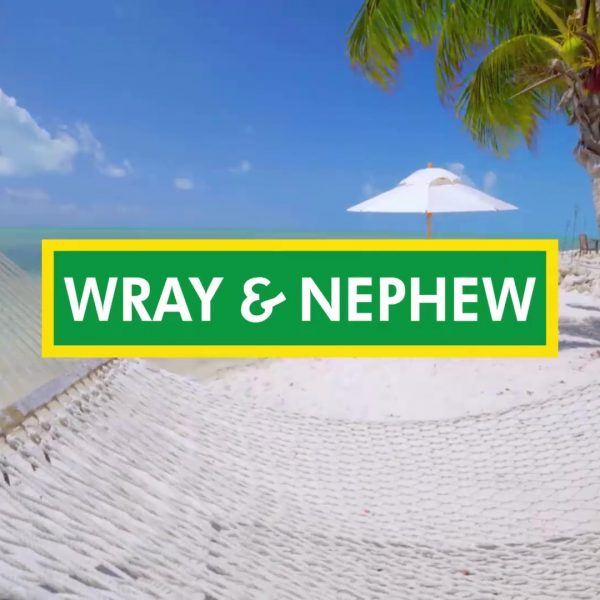How Has The Queer Space Evolved?
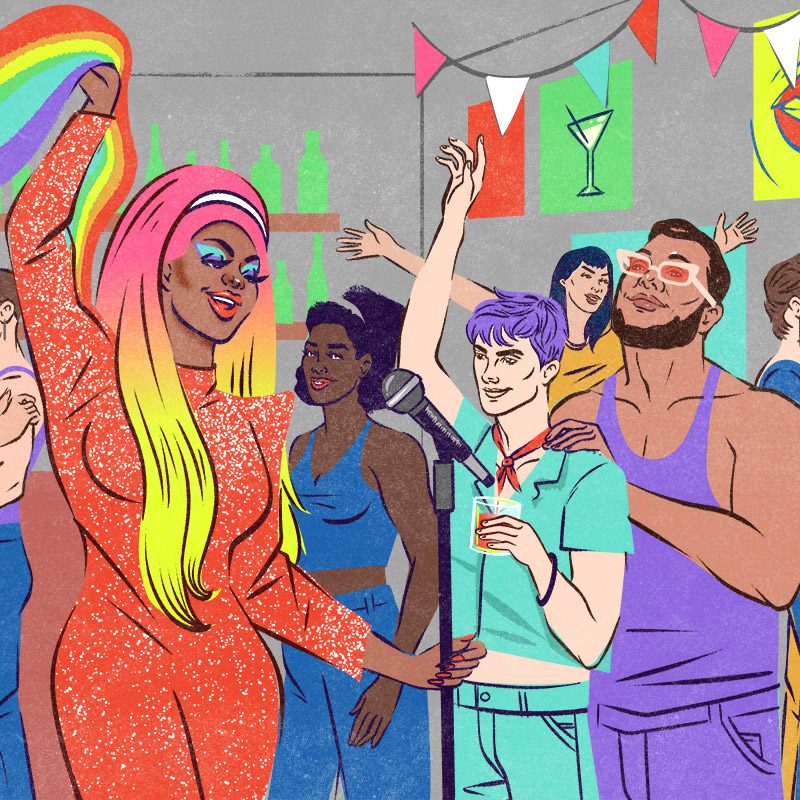
It’s a new era of inclusivity for bar patrons, as well as the people who work in them.
When is a gay bar not a gay bar? There’s a new generation of venues that are queer spaces, yet are not, in the traditional sense, a gay bar. And while the traditional gay bar remains a time-honored safe space, some venues around the country are creating environments that are not just inclusive to all consumers, but also allow their staff to be their true selves.
“I wanted to create some sort of queer safe space that wasn’t a stereotypical gay bar, that everyone was welcome at and that everyone felt comfortable,” Stuart Weaver, a partner and general manager of a bar in Denver, says. “It doesn’t really have to do with the space itself. Since it’s not about the space, it’s about the staff.”
“It’s really fun to just be the person leading the ship and being able to be myself as much as I can be. The more myself I am, the more people are encouraged to be themselves.”
Weaver describes his venue in Denver as “an honorary gay bar.” There is a “giant” rainbow flag outside the bar and the majority of the staff is queer. The staff is allowed to wear whatever they want (within the dress code); for example, when Weaver was asked to wear a blazer while working as floor manager, he opted for a shiny gold sequin blazer. “Everyone loves it,” he says with a laugh. “It’s really fun to just be the person leading the ship and being able to be myself as much as I can be. The more myself I am, the more people are encouraged to be themselves.”
In a way, a congenial cocktail bar that feels more queer is just a sign of the times. “It’s a natural evolution of food and drinking culture in general,” Alex Day, COO and partner at several acclaimed venues, says. “The zeitgeist has shifted overall. The demographic of people interested in this drinking and culinary culture has broadened significantly, so it makes sense that it would be inclusive of the queer community as well. The reality is that many of us like going to different types of bars, from dive bars to wine bars. There are queer versions of all those things, as well as straight-leaning versions of them. So it’s becoming a bit more diversified.”
“It all starts with the basic ethics…it means communicating them loudly. Be very clear about what we care about.”
Part of the move into a diverse bar also has to do with a company’s values, Day notes. “It all starts with the basic ethics of a company, and for us, it means communicating them loudly,” Day says. “Be very clear about what we care about. Vocalize as much as we can in conversations, our websites and in our books in an overt way but also a subtle way. It’s not unintentional that I mention my husband frequently in published work, to not make it a big deal but also to make sure that representation is there.” That leadership has translated to more awareness in hiring across his company, Day notes, which has resulted in a more diverse workforce and executive board.
For years, Alex Negranza, Campari Italian Spirits Portfolio National West Coast Ambassador, has been attuned to how much training impacts how comfortable (or not) queer clientele can be made to feel.
“I was working in a famous cocktail bar, and it’s easy when some white hetero guy wants a bourbon,” Negranza says. “But no one really trains you on what happens when [a gay couple] comes in and they are holding hands. People don’t know how to interact with that sometimes.” Negranza says he would go out of his way to make his queer guests feel welcomed, noting that they might be surrounded by over 100 straight people. “It’s pretty alienating,” he says. “I had to train staff – Hey, could you imagine walking into a space and everyone isn’t like you? Would they ever go back there? You have to show kindness.”
The evolution of the queer space means the burden is on other venues to make their guests, regardless of orientation, feel comfortable.
The burden of inclusivity is not on gay bars, which are historically safe spaces, Negranza. The evolution of the queer space means the burden is on other venues to make their guests, regardless of orientation, feel comfortable. “For a long time, we were taught no politics, no religion behind the bar,” Negranza says. But as the political climate over the gay space has gotten more heated in recent months, including bans surrounding drag performance, for example, Negranza wonders if that rule needs to be overhauled. “When being gay is inherently political, you’re telling people they can’t be visible behind the bar,” he says. “It took me years to understand this was something I was allowing to happen. I had to go in to work and act straight, use my ‘straight-person’ voice, because I didn’t want people to be like, ‘What is this gay guy doing serving me cocktails?’”
“I think it’s really important that as we look to the future, it’s ok to be political and it’s ok to be revolutionary, especially right now, when people need safe spaces,” Negranza says. “We need to make sure that allyship is not just performative.”



